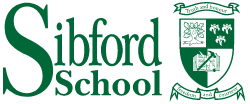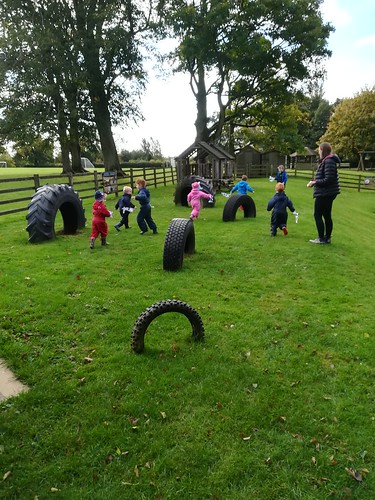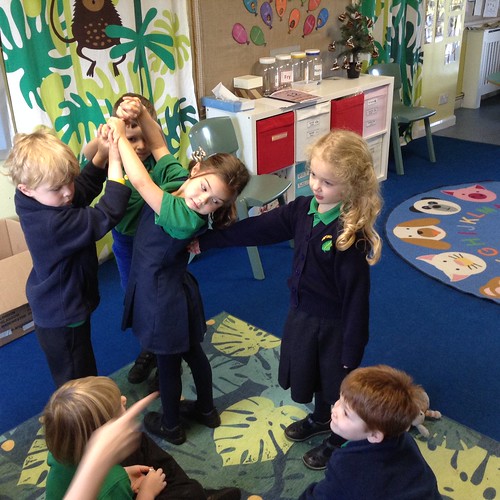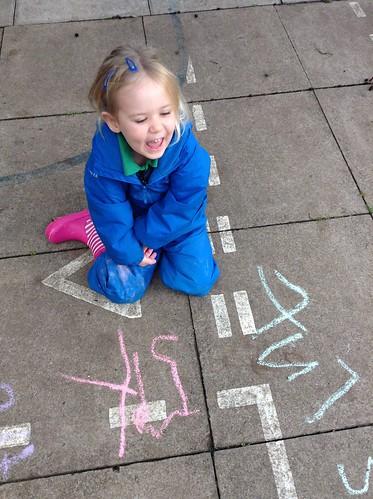


At Sibford we teach a short English/phonics session each day. The length of these sessions links closely to the age and ability of the child.
We have a gentle topic that we explore each half term and will read a selection of stories linked to this topic. We like to try and find a balance between classic books, newer literature, and literature with a good moral message.
In Early Years we put a big emphasis on enjoyment for reading. The children all love storytime and we spend time playing with the stories and having fun with them. We will do one ‘Talk for Writing’ text each term, where learning, playing with, and making up stories are at the centre. We will also spend at least one week each half term creating helicopter stories.
Explore below to find out more information on each area.
Talking for Writing
Generally, we explore one Talk for Writing text each half term, linked to the topic that we are exploring. We start a unit with an exciting hook, such as jetting off to space, to ignite the children’s interest. We then learn a short and simple version of the story using actions. We draw simple story maps to help us remember the story.
Time is spent playing with the story in our play. For example, we might use fabric to create a beach setting and use wild animals as the characters. As the children become more familiar with the story they naturally start to change it, making up their own versions and becoming storytellers. For example, an astronaut came to visit when we created our own version of ‘Knock Knock’ by Sally Grindley. We made our own paper dolls and ran around the playground making up our own versions. Playing with the story is encouraged and we use the excitement generated to make our own class or individual books. These are put in the book corner where the children love to snuggle up and read it with their friends. We will also read other stories with similar themes or that are also similar to our topic.
We tend to follow up each Talk for Writing Unit with ‘Helicopter Stories’.

Helicopter Stories
Helicopter Stories are an Early Years, Foundation Stage, and Key Stage 1 approach to communication and literacy skills based on the Storytelling and Story Acting curriculum of Vivian Gussin Paley.
In their simplest form, helicopter stories let children dictate their stories which are written down verbatim, exactly as they are told, by an adult. The children then gather around a taped out stage and the stories are acted out.
Alongside the simplicity of this approach is an ethos that is child-centered, creating a culture of curiosity and wonder at the dexterity of children’s imaginings during both the telling and the acting out of their stories.
This holistic approach uses the power of storytelling to develop key curriculum areas such as creativity, communication, and language, personal, social, and emotional skills in the Early Years classroom, giving children's stories a voice in a safe space.

We use the Read, Write Inc resources to support our teaching of phonics. We like to keep the ‘taught’ sessions short and then use and apply the skills in our play.
The main session follows the RWI teaching pattern which involves using pictures to make a strong link between the sound and how to write it. For example, an a is linked to an ‘a-a-apple’ and when they learn to write it they learn to go ‘around the apple and down the leaf.’ The children will practice writing this in their books, painting, outdoors, etc. We will use the sounds that they know to start to read and write simple words building up to sentences when the child is ready.
For those children joining us in nursery, we focus on phase 1 phonics such as distinguishing sounds and oral segmenting and blending. We will explore sounds and write them with a child if they are interested. We also work on building essential early writing skills such as fine and gross motor skills and hand-eye coordination.
When the children are playing we will model writing and encourage the children to help us to hear the sounds in the words. When they are ready we will encourage them to start having a go at writing. Generally, when it is linked to their play and their interests they will be happy to give it a go.

At Sibford, we like to encourage a love of books and reading. The children will be read to at least once a day. The children love to settle down in the book corner and explore books or let us read to them. The more a child loves books and reading the more motivated they will be to read later on.
When we are not doing a ‘Talk for Writing Unit’ we will generally focus on 1 key book over a week that we will link to our topic. We will read this book over the week and link it to some of our learning. For example, we might bake gingerbread if we are reading The Gingerbread Man.
We like to be flexible in our approach and If there is a book that the children are particularly drawn to, we will take time to explore it.
Once the children are ready to start reading (this is usually in reception but could be before), we will read with them 1:1 or in small groups. We do not follow one scheme but instead like to look at each individual child and think about the books they enjoy reading. We also like to give children a range of books to read, some may be focused on phonics while others are based on using the pictures and repetitive story language. We also have a strong emphasis on continuing to ensure that the children are being read to and enjoying stories.
Each child’s reading journey is unique.
